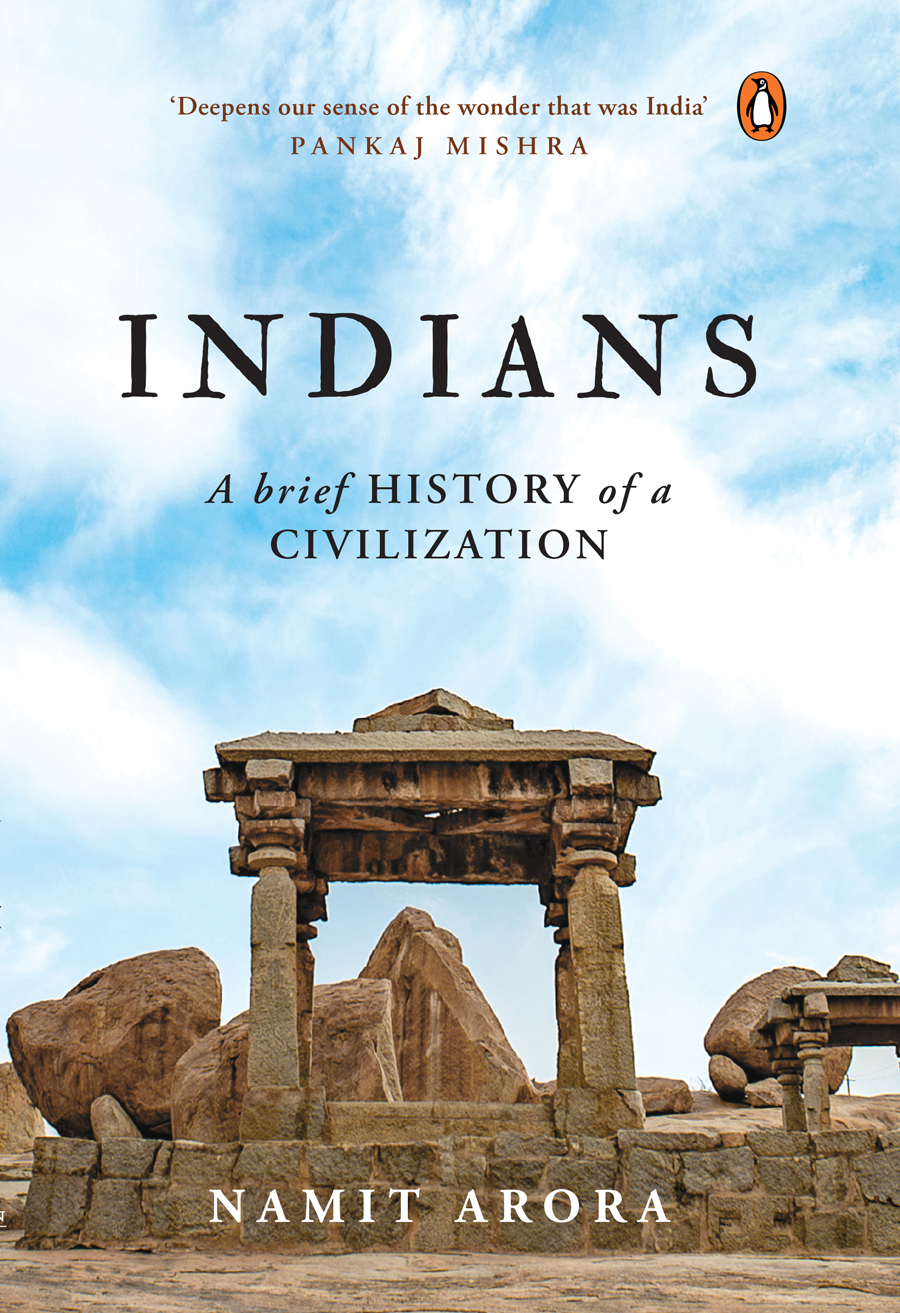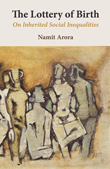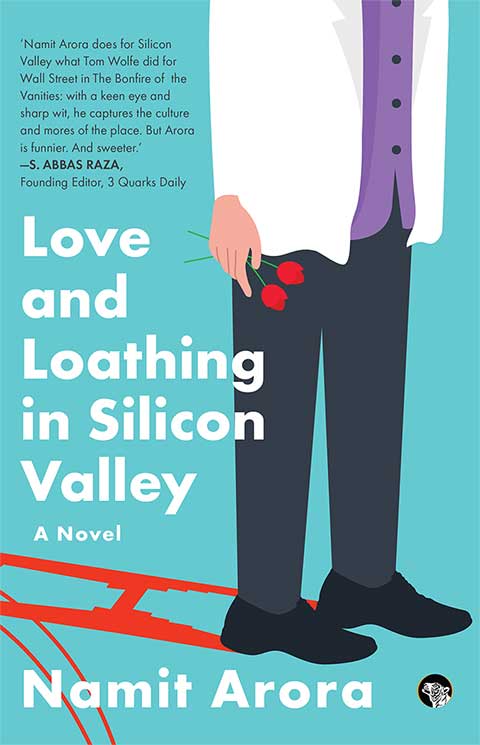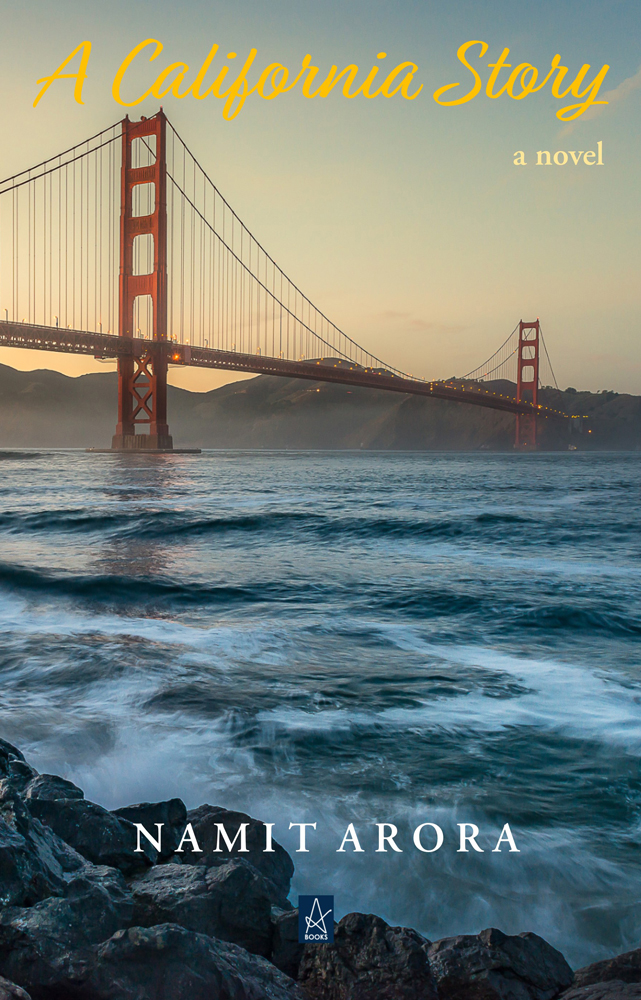Experts on Islamic terrorism are now everywhere, spouting wisdom on countless media outlets and blogs. Most of them—including scholars, novelists, scientists—reflexively summon their gut to explain what turns Muslims into terrorists, marshaling anecdotes and selective data as evidence. The Qur'an is the underlying cause to some, sociopolitical inequities to others; virgins in paradise explain much to some, follies of US foreign policy to others; hatred of "freedom-loving" West suffices for some, dislocations of modernity to others. Rare is the attempt to understand terrorists themselves as social and moral beings (as, for instance, in the movie Paradise Now).
 An insightful analyst of modern terrorism is Scott Atran (see my previous post on Sacred Conflicts). He has done pioneering field research on suicide bombers and the social dynamics of terrorist networks. Watch this remarkable 40-minute lecture he gave at the Beyond Belief conference in Nov 2007 (attached below). The same material is summarized in this slideshow for the US State Department (I'm surprised they invited him and wonder how he was received). Here are ten conclusions I've selected from it: An insightful analyst of modern terrorism is Scott Atran (see my previous post on Sacred Conflicts). He has done pioneering field research on suicide bombers and the social dynamics of terrorist networks. Watch this remarkable 40-minute lecture he gave at the Beyond Belief conference in Nov 2007 (attached below). The same material is summarized in this slideshow for the US State Department (I'm surprised they invited him and wonder how he was received). Here are ten conclusions I've selected from it:
-
Global Al-Qaeda is now a viral, social movement and political ideology, not a well organized operation with command and control. Young men self-radicalize in their social groups as soccer and camp buddies, neighbors and schoolmates, etc.
-
The new wave of terrorism is about "youth culture", not the Koran. It cannot be checked by military means or elders spouting niceties from the Koran, but with ideas and proposals for action that address their sense of injustice and moral outrage.
-
Prison radicalization in the USA vs. Europe differs significantly: Foreign-born Muslims, like Jews, are underrepresented in US prisons. But Muslims in European prisons are wildly
over-represented (for many of the same reasons that Blacks in US
prisons are over-represented). Nevertheless, prior religious education
is a negative predictor of radicalization.
-
Social welfare is not a solution, adding only to alienation and
boredom and to a hole in one's life more readily filled by radicalized
dreams of justice and glory. New dreams and heroes need to be
cultivated among the young.
-
Publicity is the oxygen of terrorism. Without publicity, terrorism
would probably die off. Publicity is hard to avoid in an open society where
media outlets seek news with dramatic psychological impact to attract
the most "eyeballs". [I should add that this is also in the interest of
politicians and the defense industry who stand to gain from an
climate of exaggerated fear.]
-
Non-Muslims should never preach to Muslims about what is true
Islam. This always backfires. Especially in the Middle East and
elsewhere, do not attempt to discredit fundamentalist ideology if it is non-violent.
-
Stop trying to impose ethnocentric values of Freedom and Democracy
on people. Imposing democratic institutions without cultural grounding
backfires. Elections are meaningless unless the majority elected feels
obliged to consult the minority and treat it with tolerance. It takes
time, patience, and deep commitment to persuade people of this.
-
PEW surveys show that in the Muslim world support of "Freedom and
Democracy" has declined since the onset of the Iraq War. Both radical
and traditional Islam value Justice and Fairness, not Freedom and
Democracy. Western notions of Freedom are compatible with Justice, and
Democracy with Fairness, but not in any "automatic" way.
-
Stop wasting millions of dollars studying the Koran and trying to
figure out what terrorists think from studies of Islam. Terrorists are
rarely Islamic scholars or know much anything about the Koran.
-
Stop trying to generate a catch-all approach to terrorist
profiling, radicalization processes, etc. These are very context
sensitive. What goes for one context (e.g., radicalization in a country
of origin) often does not translate directly into another
(radicalization in the immigrant diaspora).
|









